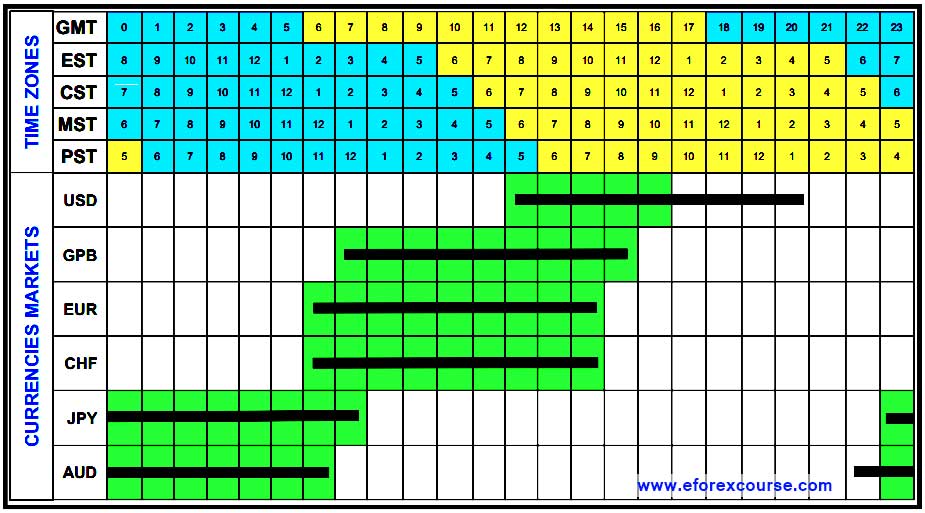Introduction
In the ever-evolving world of international trade and finance, foreign exchange reserves (forex reserves) stand as the cornerstone of a nation’s economic stability and global standing. These reserves, held by central banks and monetary authorities, represent a crucial safety net for countries navigating the complexities of international transactions and economic uncertainties. This guide delves into the intricacies of forex reserves, exploring their history, significance, and management, providing readers with a comprehensive understanding of this vital aspect of the global financial system.

Image: soci1.com
What are Forex Reserves?
Forex reserves, also known as foreign currency reserves or international reserves, are assets held by central banks and other monetary authorities to facilitate international payments, maintain economic stability, and intervene in foreign exchange markets. These reserves typically comprise liquid assets such as currencies, gold, and other easily convertible financial instruments. By maintaining ample forex reserves, countries can safeguard themselves against external economic shocks and preserve the value of their domestic currencies.
History of Forex Reserves
The concept of forex reserves can be traced back to the establishment of the gold standard, where countries pegged the value of their currencies to a fixed amount of gold. This system ensured that countries possessed sufficient gold reserves to cover their domestic money supply and international obligations. As the global economy evolved and the gold standard gave way to floating exchange rates, central banks began accumulating a wider range of foreign assets as forex reserves, including U.S. dollars, euros, and Japanese yen.
Importance of Forex Reserves
Forex reserves play a crucial role in ensuring economic stability and promoting smooth international trade. They provide countries with the flexibility to:
- Maintain Exchange Rate Stability: Central banks utilize forex reserves to intervene in foreign exchange markets, buying or selling their own currency to stabilize its value and prevent sharp fluctuations.
- Settle International Transactions: Forex reserves enable countries to make payments for importing goods and services, servicing external debt, and participating in international financial markets.
- Absorb External Economic Shocks: In times of economic turmoil, countries can draw down their forex reserves to support their domestic currencies, reduce debt, and prevent financial crises.
- Promote Investor Confidence: Ample forex reserves boost investor confidence and attract foreign capital, as they signal a country’s ability to meet its financial obligations and maintain economic stability.

Image: pocugyko.web.fc2.com
Management of Forex Reserves
The management of forex reserves is a delicate task, balancing various economic and financial considerations. Central banks employ a combination of strategies to optimize their reserves, including:
- Diversification: Central banks diversify their reserves by holding assets in multiple currencies, such as U.S. dollars, euros, Japanese yen, and British pounds. This reduces the risk associated with holding reserves in a single currency.
- Risk Management: Forex reserves are actively managed to minimize risk and ensure liquidity. Central banks track currency movements, hedge against potential losses, and maintain appropriate liquidity levels to meet immediate financial obligations.
- Return on Investment: While forex reserves are primarily held for their safety and liquidity, central banks aim to earn a reasonable return on their investments. They invest a portion of their reserves in high-quality, risk-averse financial instruments to optimize yield.
Factors Influencing Forex Reserves
Several factors influence the size and composition of a country’s forex reserves, including:
- Economic Growth: Countries with strong economic growth tend to accumulate higher forex reserves to support their international transactions and maintain exchange rate stability.
- Current Account Balance: A country’s current account balance, which measures its net trade and investment flows, affects the accumulation or depletion of forex reserves.
- Government Policies: Government policies, such as intervention in foreign exchange markets or capital controls, can influence the demand for and supply of foreign exchange reserves.
- Global Economic Conditions: Economic conditions in the global economy, such as interest rate changes or economic shocks, can impact the value and flow of forex reserves.
Challenges and Risks
While forex reserves play a vital role in global finance, they present several challenges and risks:
- Loss of Value: Forex reserves can fluctuate in value due to exchange rate movements. Declining reserve balances or the depreciation of a reserve currency can erode a country’s financial strength.
- Cost of Maintaining Reserves: Maintaining high levels of forex reserves can incur significant costs, requiring central banks to allocate limited resources and optimize investment strategies.
- Moral Hazard: High forex reserves may discourage countries from implementing necessary economic adjustments, leading to economic imbalances and potential crises.
- Political Instability: Political instability or geopolitical events can trigger speculative capital flows and currency volatility, impacting forex reserves and economic stability.
Forex Reservces In The World
Recent Trends and Developments
The global landscape of forex reserves has been characterized by several recent developments:
- Rise of Emerging Markets: Emerging market economies have accumulated substantial forex reserves over the past decades,






